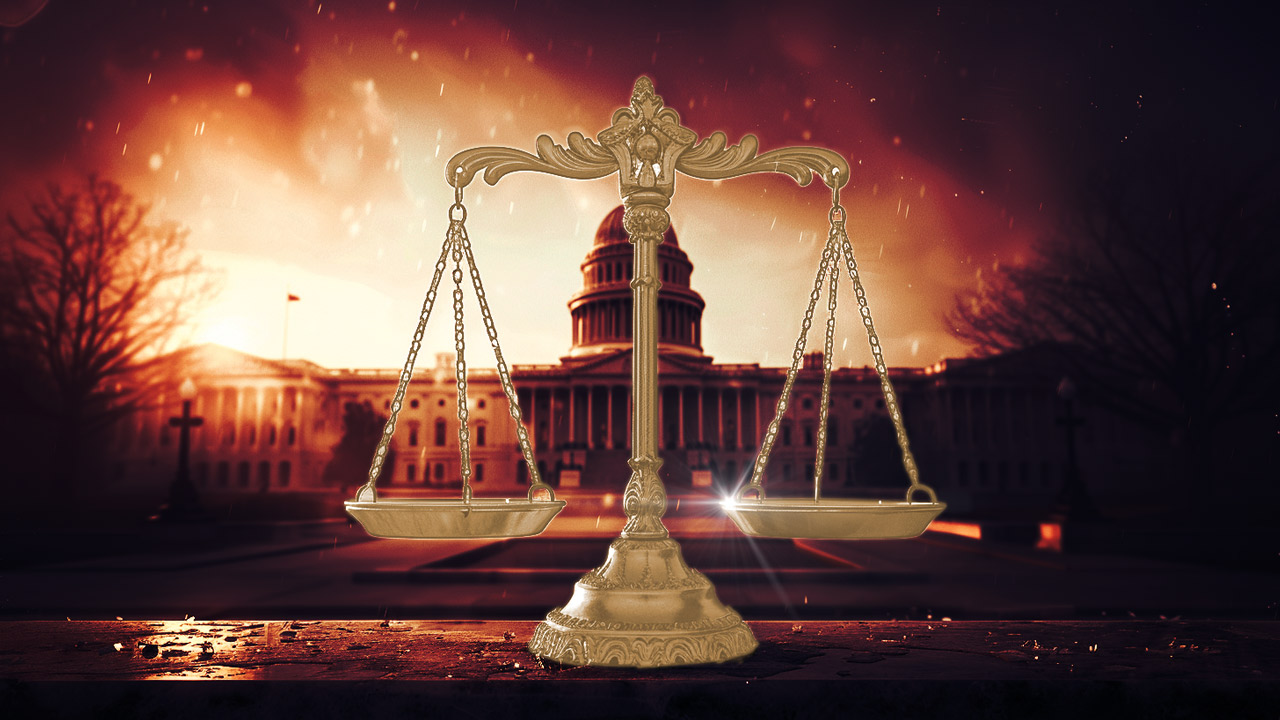Spending Your Stash
By Peter Schiff
While gold and silver coins are nice to look at, and there’s a certain sense of independence one gets from owning them, most purchasers buy physical precious metals with the goal of eventually spending them.
As they say, you can’t take it with you.
Unfortunately, many purchasers buy without ever knowing how to spend, and that can cause problems down the road. The reason I say “spend” instead of “sell” is that selling your coins for dollars (or euros, yen, etc.) is only one way to spend them. The other is to barter directly for goods and services. Whichever method you choose, it’s important to know all your options.
Selling Back to the Dealer
Most legitimate bullion dealers will buy back what they sell you for a few percentage points less, depending on the product, amount, supply, and demand for that product at the time of repurchase. This is called the “spread.”
However, dealers who sell products like numismatics, proof sets, or commemoratives at extreme markups will either offer much less on buy-back or refuse to buy back altogether. This is a bad sign. Your dealer should be able to tell you in plain language what their buy-back policy is, so don’t be afraid to ask. In fact, when buying coins, its always a good idea to ask your dealer what they would pay for those coins were you selling them instead. Better yet, call back under an assumed name and pretend you are selling just to make sure you are getting an honest answer.
Selling Elsewhere
There is a large, very liquid global market for bullion coins and bars. No one requires you to sell back to the dealer who sold you the coins. If you need the absolute best price possible, feel free to shop around. Depending on a dealer’s need for a particular type of coin at a particular time, they may be willing to offer a better price. For instance, the US Mint has been running low on American Silver Eagles due to high demand, so a dealer which doesn’t have a large stock of those coins may be willing to pay more.
Another way to sell your coins is on auction sites like eBay. Since you’ll be selling to another retail consumer, you should be able to achieve a slightly higher price. Don’t forget, though, that auction sites will charge you a fee for their services, so this should be taken into account when considering your net return.
Finally, there is always an opportunity to sell among your community. Your neighbors may appreciate saving a bit on the markup and shipping costs, and not having to worry about finding a reputable dealer.
In reality, though, the small percentage you may save from shopping around or selling online will pale in comparison to your overall investment. If your time is as precious as your metals, it may not be worth your effort trying to save a few bucks on the sale.
Barter Is Better
I encourage bartering as the best way to spend your gold and silver bullion. This way, precious metals take over the role that the government’s monopoly money used to play in your life. You just earn dollars, convert some to bullion, then spend them as the opportunity arises. This means your savings spend less time in paper form, and are less vulnerable to inflation.
Oftentimes, you can get a very good value for your coins because people are naturally drawn to them, but may not know the best way to get them on their own. Of course, because banks don’t accept gold and silver as deposits, major chains often will not barter. But smaller shops and individuals often will – and you’ll be doing them a favor by adding to their inflation-proof savings.
Metals as a Measure
The more I barter, the less important it becomes how many US dollars I might get for my gold than how many loaves of bread or boxes of Cheerios. What you’ll find is that the prices of these goods in terms of gold tends to be pretty stable over time, or they may even get cheaper.
This illustrates that gold is a more stable form of money than paper dollars, and begins to explain why savings should be kept in precious metals rather than fiat currencies.
Which Products Are Barter-Ready
Well-known, common coins, like the American Eagle or Canadian Maple Leaf, are the easiest to barter. Rare, collectible, or other numismatic coins are virtually impossible to barter.
Also, you want to have coins with values in small denominations, typically silver, as well as large denominations, usually gold and/or platinum. One troy ounce is the standard size, but fractional coins from well-regarded mints are also fairly easy to trade.
Bars are much more difficult to barter because they often have larger values and are less recognizable to the average person. Since there is a very small incidence of counterfeiting, bars may have to be assayed before a non-dealer will accept them.
Coins face almost no counterfeiting, mostly because it’s quite difficult to produce a coin with reeding and artwork to match a reputable mint. The one exception is the Chinese Panda coin, which has periodically succumbed to that country’s notorious counterfeiters.
Better to Have Saved and Spent…
The point is that there are many, many ways to use your gold and silver coins besides storing them in a safe to give to your grandkids. Yes, precious metals are a reliable form of savings, but they are also money. Ultimately, much of your long-term savings should be invested in businesses that offer profits or interest. But short- and medium-term savings should be held in precious metals as opposed to doomed fiat currencies like the US dollar.
When it’s time to spend your bullion, your choice will come down to convenience vs. best price. You can always sell to a reputable dealer at a small spread. This is usually the easiest and quickest way to achieve liquidity. But there can also be handsome rewards for those who barter their bullion directly for goods and services.
So, next time your poker buddies say “ante up,” do them a favor and throw a Silver Eagle into the pot instead of a couple of crinkled Jacksons. Then, try your best to win it back.
Follow us on Twitter to stay up-to-date on Peter Schiff’s latest thoughts: @SchiffGold
Interested in learning about the best ways to buy gold and silver?
Call 1-888-GOLD-160 and speak with a Precious Metals Specialist today!



 The solution to a problem shouldn’t make the problem worse. But apparently, California’s policy makers missed that memo. On April 1st, the state instituted a $20 minimum wage for fast food workers, the highest in the US. With California’s absurdly high cost of living, the policy appeared to make life more manageable for low-income residents. Unfortunately, as the adage goes, “If it sounds too […]
The solution to a problem shouldn’t make the problem worse. But apparently, California’s policy makers missed that memo. On April 1st, the state instituted a $20 minimum wage for fast food workers, the highest in the US. With California’s absurdly high cost of living, the policy appeared to make life more manageable for low-income residents. Unfortunately, as the adage goes, “If it sounds too […] The monetary battle of the 20th century was gold vs. fiat. But the monetary battle of the 21st century will be gold vs. bitcoin. With Wall Street jumping into the game with bitcoin ETFs, a bitcoin halving recently splitting the block reward for miners in half, and both gold and bitcoin hovering near their all-time highs, it’s a great time for […]
The monetary battle of the 20th century was gold vs. fiat. But the monetary battle of the 21st century will be gold vs. bitcoin. With Wall Street jumping into the game with bitcoin ETFs, a bitcoin halving recently splitting the block reward for miners in half, and both gold and bitcoin hovering near their all-time highs, it’s a great time for […] What is Nvidia? If you’re a committed gamer the question may sound like nonsense. Nvidia, which was founded in 1993, is a tech company that makes GPUs and other products. It originally specialized in making products for the video game industry, that assisted in 3D rendering. If you were a committed gamer, you probably owned their products. If you weren’t, you might not have heard of them.
What is Nvidia? If you’re a committed gamer the question may sound like nonsense. Nvidia, which was founded in 1993, is a tech company that makes GPUs and other products. It originally specialized in making products for the video game industry, that assisted in 3D rendering. If you were a committed gamer, you probably owned their products. If you weren’t, you might not have heard of them. With the AI boom and green energy push fueling fresh copper demand, and with copper mines aging and not enough projects to match demand with supply, the forecasted copper shortage has finally arrived in earnest. Coupled with persistently high inflation in the US, EU, and elsewhere, I predict the industrial metal will surpass its 2022 top to reach a […]
With the AI boom and green energy push fueling fresh copper demand, and with copper mines aging and not enough projects to match demand with supply, the forecasted copper shortage has finally arrived in earnest. Coupled with persistently high inflation in the US, EU, and elsewhere, I predict the industrial metal will surpass its 2022 top to reach a […] America’s trust in its institutions has rapidly eroded over the past 20 years. We have a lower level of trust in our judicial system and elections than most European countries. Some of this is natural, as Americans are uniquely individualistic, but much of it arises from repeated government failures.
America’s trust in its institutions has rapidly eroded over the past 20 years. We have a lower level of trust in our judicial system and elections than most European countries. Some of this is natural, as Americans are uniquely individualistic, but much of it arises from repeated government failures.
Leave a Reply